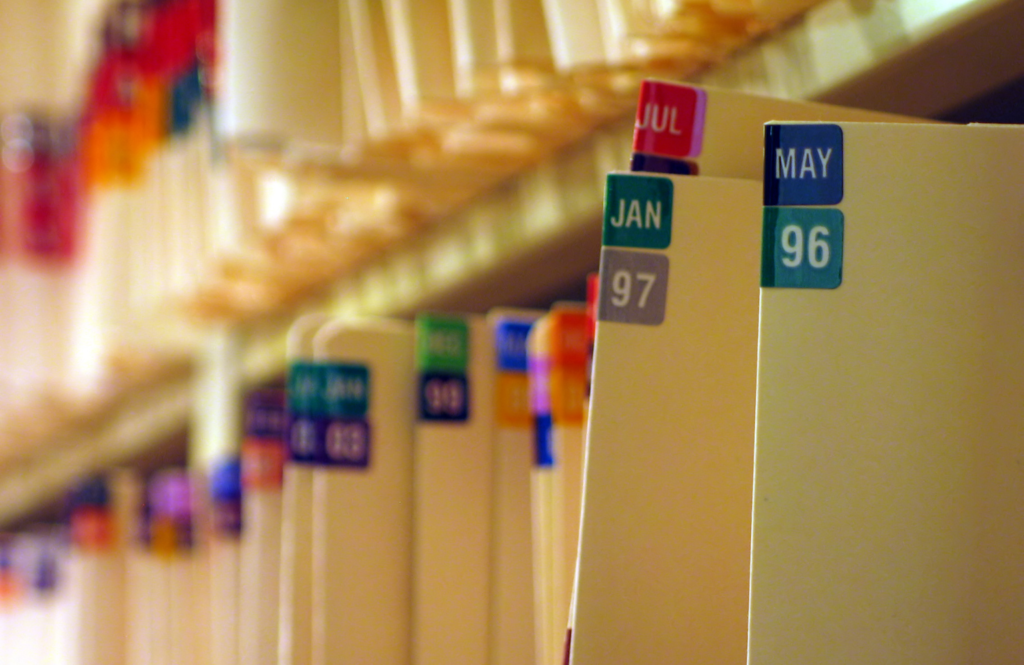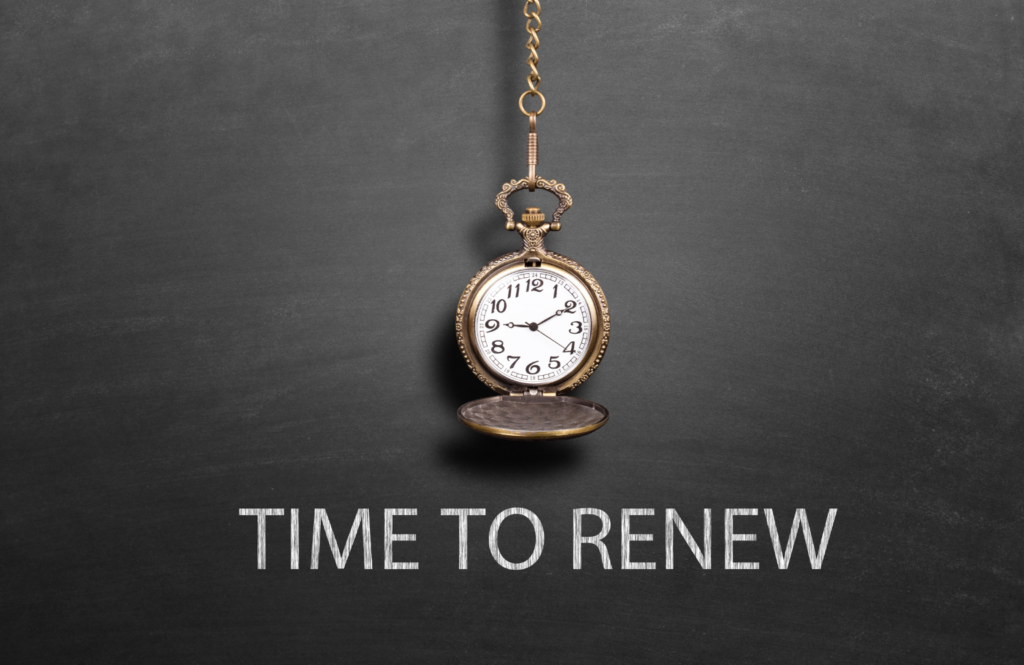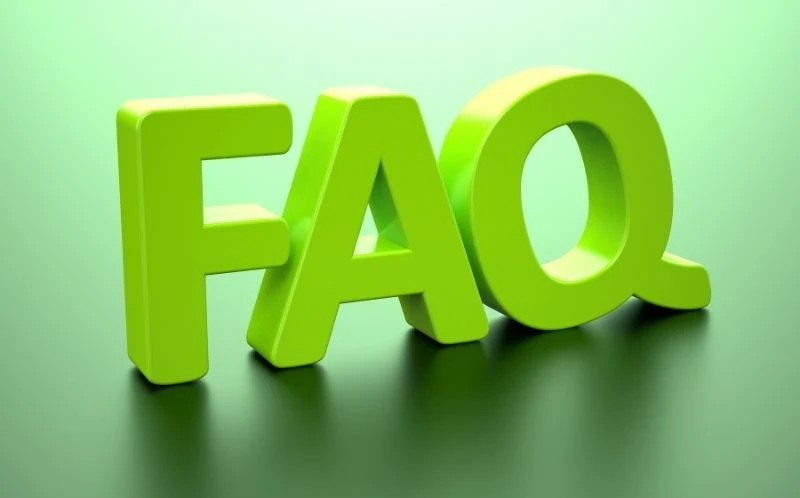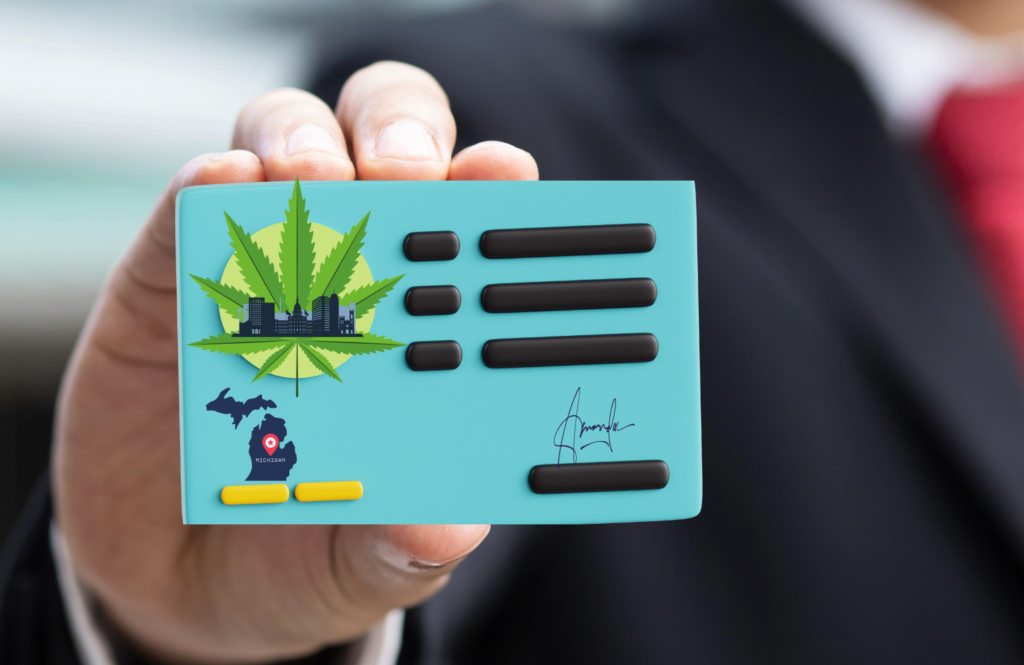What it means to be a patient—not just a buyer
In Michigan, cannabis is legal for both medical and recreational use—but that doesn’t mean both paths are the same. Holding a medical marijuana card isn’t just about access—it’s about control, consistency, and care.
From legal protections and tax breaks to priority access and product variety, there are real, practical benefits to being a registered patient in Michigan’s medical marijuana program. Whether you’re managing chronic pain, anxiety, or another qualifying condition, having a card can make your cannabis experience safer, smoother, and more affordable.
Michigan’s Medical Marijuana Program at a Glance
Michigan legalized medical marijuana in 2008, well before the state moved to allow recreational use in 2018. That means the system is mature, with clear rules for who qualifies, how to apply, and what you can legally access.
Here’s a snapshot of what the program offers:
- Eligibility: Residents with qualifying conditions like chronic pain, PTSD, cancer, epilepsy, arthritis, and more.
- Caregiver Support: Patients can designate a caregiver to help with purchasing and administering cannabis.
- Product Access: Higher THC limits and more specialized medical-only products available at licensed dispensaries.
- Legal Limits: Medical users can possess more cannabis and may be able to grow more plants than recreational users.
- ID Card: Once approved, you’ll receive an official registry identification card—your legal proof of patient status.
Being in the program means more than access—it’s about legitimacy, protection, and personalized support.
Michigan’s Medical Marijuana Program at a Glance
Michigan’s medical marijuana system is regulated by the Michigan Medical Marijuana Program (MMMP), overseen by the Cannabis Regulatory Agency (CRA). Established under the Michigan Medical Marihuana Act of 2008, the program allows qualifying residents to legally obtain and use cannabis for medical purposes.
To be eligible, you must be a Michigan resident diagnosed with a qualifying condition and obtain certification from a licensed physician. Conditions include:
- Chronic pain
- Cancer
- Epilepsy
- PTSD
- Glaucoma
- Crohn’s disease
- ALS, Parkinson’s, and more
How to register:
- Submit a physician’s certification form
- Provide proof of residency (Michigan ID or driver’s license)
- Pay a $40 application fee
- Apply online or by mail through the MMMP portal
Approved patients receive a registry ID card, valid for two years, which allows:
- Purchase of medical cannabis from licensed dispensaries
- Legal possession of up to 2.5 ounces
Home cultivation of up to 12 plants
The Benefits of Holding a Medical Marijuana Card in Michigan
In a state where cannabis is legal for all adults, it’s easy to assume a medical marijuana card isn’t necessary. But for patients who rely on cannabis for real relief—not just recreation—the card still holds serious value.
Having a card isn’t just about following the rules. It’s about maximizing what cannabis can do for your health—safely, affordably, and consistently.
Lower Out-of-Pocket Costs, Every Time
- Medical marijuana is exempt from Michigan’s 10% recreational excise tax. That means instant savings at the register.
- Many dispensaries offer special pricing, loyalty programs, or deeper discounts for cardholders.
- Over a year, the savings often exceed the cost of getting the card itself—especially for regular users.
Access to Higher-Potency, Medical-Grade Products
- Patients can legally purchase cannabis with higher THC content and more precise cannabinoid ratios.
- Medical menus often include products not available to recreational users—like 1:1 CBD/THC blends, high-CBD capsules, and therapeutic tinctures.
- You get consistency and customization, which matter when managing chronic symptoms.
Stronger Legal Protections
- A card provides clear documentation that your use is medical and physician-supported.
- Medical patients can possess more cannabis and are legally allowed to cultivate up to 12 plants at home—offering greater self-sufficiency.
Priority Access During Shortages
- When supply runs tight, dispensaries often prioritize medical patients to ensure uninterrupted care.
- That kind of stability matters when your wellness depends on routine, reliable access.
Support from a Licensed Physician
- Getting a card means your cannabis use is backed by a medical professional, not guesswork or internet advice.
- This guidance can help you choose the right delivery method, adjust dosage, and watch for interactions with other medications.
Bottom line? A Michigan medical marijuana card puts control, consistency, and cost savings back in your hands—so cannabis becomes a real part of your health plan, not just a hopeful experiment.
How Do I Get a Medical Marijuana Card in Michigan?
The process to obtain a medical marijuana card is handled by Michigan’s official Medical Marijuana Program (MMMP) under the Cannabis Regulatory Agency michigan.gov+15michigan.gov+15michigan.gov+15.
Eligible patients can apply either online or via a mailed paper packet.
Step‑by‑Step Guide:
Apply Online (for patients without a caregiver):
- Create a secure account on the MMMP portal.
- Complete the Patient Only Registry Card application.
- Upload a physician certification (signed within the past six months) or arrange for your doctor to certify online.
- Submit proof of Michigan residency (state driver’s license, state ID, or voter registration plus identity document).
- Pay the $40 application fee electronically.
Physicians must certify your application within 15 days; after certification, MMMP typically processes in up to 15 business days.
Paper Application (in-person or caregiver needs):
- Download and complete the official application packet.
- Include all required documents and fee.
- Mail to MMMP at Lansing, MI.
Once approved, you’ll receive a photo‑ID registry card valid for two years, granting legal access and protections under Michigan law.
Practical Tips for Michigan Residents Considering a Card
Thinking about applying for a medical marijuana card in Michigan? Here are a few simple strategies to help you get the most out of the process—from application to everyday use.
Before your evaluation, gather any documents that confirm your diagnosis or symptoms. Physician notes, prescription history, or diagnostic reports can help streamline approval.

Not all doctors are comfortable recommending cannabis. Look for a provider who understands Michigan’s MMMP guidelines and has experience with cannabis-based care. Many offer online evaluations for convenience.
You’ll need to show that you have a qualifying condition. Be honest during your evaluation—cannabis is personal medicine, and clear communication helps the doctor recommend the right approach.

Cards are valid for two years. Set a reminder to renew at least 30 days before expiration so you don’t lose access or legal protection.

Some dispensaries offer better medical discounts, more knowledgeable staff, or exclusive product lines for cardholders. Ask questions. Build a relationship with a shop that supports your wellness goals.
Having a card isn’t just about legality—it’s about taking ownership of your health. These small steps can lead to more consistent care, better outcomes, and a smoother experience with cannabis as part of your routine.

Giving Cannabis the Structure to Work Better

Having access to cannabis is one thing—knowing how to use it well is another. A medical marijuana card in Michigan does more than make cannabis legal for you—it makes it personal, intentional, and tailored to your needs.
When your treatment is guided by a medical professional, supported by product consistency, and backed by legal protections, cannabis becomes more than trial and error. It becomes a steady tool for relief.
This isn’t about perfection. It’s about paying attention—to your symptoms, your dosage, your routines. A well-timed edible, a strain that fits your condition, a renewal that keeps your access uninterrupted—these small steps create momentum toward better sleep, more comfort, clearer mood, and stronger well-being.
When you treat cannabis as medicine—and have the card to match—you give your body the structure it needs to heal, adapt, and feel good again.
Cards and cannabinoids. Together, they speak your body’s language.
FAQs
Q1: Do I still need a medical card if cannabis is legal in Michigan?
Not legally—but a medical card gives you access to stronger products, lower prices, and protections you won’t get as a recreational user.
Q2: How much does it cost to apply for a Michigan medical marijuana card?
The state application fee is $40. A separate fee for your medical evaluation (typically $75–$150) may apply, depending on the provider.
Q3: How long does the approval process take?
Online applications are usually processed within 15 business days after your doctor submits certification. Paper applications may take longer.
Q4: What conditions qualify for medical marijuana in Michigan?
Michigan allows cards for conditions like:
- Chronic pain
- Cancer
- PTSD
- Glaucoma
- Epilepsy
- Arthritis
- HIV/AIDS
- Crohn’s disease
Ask your doctor if your symptoms may qualify under these or similar conditions.

Q5: Can I grow my own cannabis with a medical card?
Yes. Registered patients may grow up to 12 plants at home for personal use, legally protected under state law.
Q6: Does a medical card help me save money?
Yes. Medical marijuana is exempt from Michigan’s 10% recreational excise tax, and many dispensaries offer exclusive patient discounts.
Q7: Will my medical marijuana card show up on a background check?
No. The MMMP database is confidential and not accessible to employers, landlords, or federal databases.
Q8: Can I travel with my Michigan medical marijuana card?
While the card is valid in Michigan, other states have their own laws. A few offer reciprocity, but cannabis remains federally illegal, so do not carry across state lines.
Q9: Can I be fired for using medical marijuana?
Michigan law doesn’t stop employers from enforcing drug-free workplace policies, even if you’re a registered patient. Use cautiously if your job includes testing.
Q10: What happens if I lose my card or move?
You must report address changes or request replacements through the MMMP portal. It’s important to keep your registration up to date to stay protected.
Making Cannabis Work Smarter for You
Getting a medical marijuana card in Michigan isn’t just about legality—it’s about unlocking better access, smarter savings, and more control over your care. Whether you’re managing daily pain, stress, sleep issues, or a long-term condition, having a card ensures your cannabis use is consistent, guided, and protected.
It’s not about rules—it’s about options. And in a system built for patients, you get the kind of support that helps cannabis actually work for your body.
Ready to take the next step?
Get your same-day medical card online—fast, easy, and 100% risk-free. If you don’t qualify, you don’t pay.
Trusted by over 60,000 patients since 2010.



